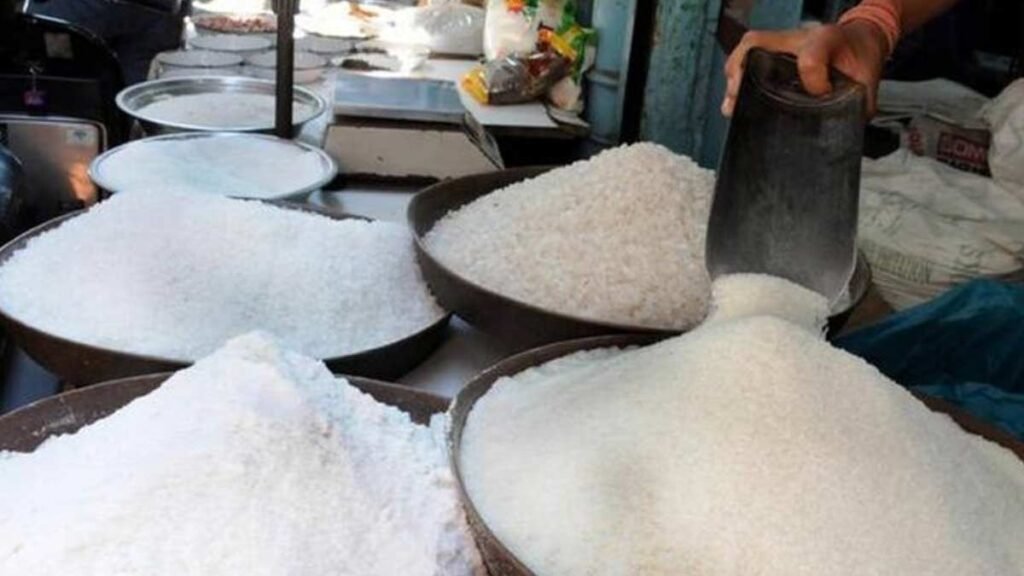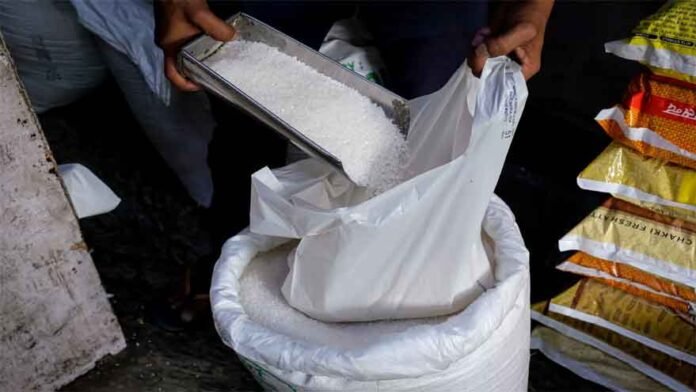ISLAMABAD — The Public Accounts Committee (PAC) has expressed strong concern over the lack of transparency in Pakistan’s sugar industry, particularly regarding the massive profits sugar mills have made during recent price hikes. During a recent meeting chaired by Junaid Akbar Khan, the PAC was told that sugar mills earned an estimated Rs300 billion in profit, raising alarm over how such gains were made while the public faced record-high prices.
Committee members were visibly frustrated by the government’s inability to explain the price manipulation and questionable export-import policies. Officials revealed that between 2013 and 2023, Pakistan exported over five million tonnes of sugar, and continued exports into the current year, despite local shortages. Meanwhile, sugar prices have risen above Rs200 per kilogram in many parts of the country, far beyond the official average of Rs173. This mismatch between statistics and reality was a key source of irritation among PAC members.
In a demand for greater accountability, the committee insisted on receiving a list of the actual owners of all sugar mills, not just the names of their directors. The PAC refused to entertain further briefings unless full ownership details were disclosed. Members accused powerful political figures, including the Sharif family, Jahangir Tareen, and Asif Zardari, of maintaining control over a handful of major sugar mills, pointing to a monopoly-like hold by approximately 42 influential families. Lawmakers criticized this pattern, questioning why the sugar sector has remained concentrated in the hands of the same elite groups for decades.
The committee also called out the Sugar Advisory Board for its failure to monitor and regulate the industry effectively. Members claimed that a cycle of poor management—where sugar is exported under the guise of surplus, only to be re-imported during supposed shortages—has caused serious economic damage. This has allowed mill owners to reap huge profits while burdening ordinary citizens with unaffordable prices.
During the session, it was highlighted that sugar is being sold much cheaper in neighboring India, adding to public frustration. Although the food ministry defended its policies, saying taxes and duties were being adjusted to manage the crisis, PAC members remained unconvinced.
Officials confirmed that there is currently 1.9 million tonnes of sugar in stock, enough to last until November. Yet, the committee urged better planning ahead of the next crushing season and raised concerns about possible spoilage. The government has already approved the import of another 300,000 tonnes of sugar, claiming it will not impact local farmers or international commitments.
Separately, the PAC reviewed an audit report regarding a Rs1.95 billion grant given to the Press Information Department for flood awareness campaigns. It was revealed that only Rs150 million of the allocated amount had been utilized properly. The rest of the funds remain unaccounted for, prompting the committee to refer the matter to a subcommittee for further inquiry.
The overall tone of the session reflected growing dissatisfaction with the lack of clarity and oversight in both the sugar sector and public spending, underscoring the urgent need for reform and accountability in these areas.























